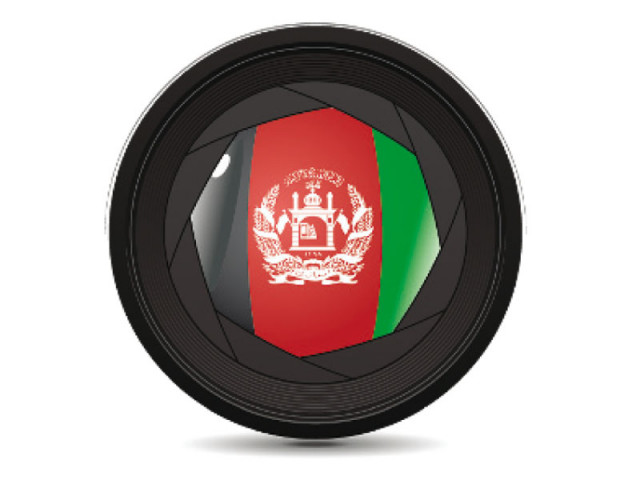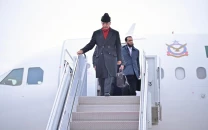Road to Afghanistan shorter, but any safer?
Economic experts say routes will discourage black economy in the tribal belt.

Road to Afghanistan shorter, but any safer?
“Economically, the road from North Waziristan to Khost is the shortest route to link Afghanistan with the southern port city of Karachi, which is the main supply route to transit goods to our country,” said Baryalay Rawan, the spokesperson of Khost Governor Abdul Jabbar Naeemi in Afghanistan.
Deep inside the country, the road connects the provinces of Khost, Paktia and Loger, ending at the Afghan capital Kabul. The road has historically provided a reason for the local economy to grow, but since 2002, when the region was hit by militancy, the business community that used it to send agriculture products across the border began seeking alternates, which were longer and costlier.
A businessman in North Waziristan agency, Gul Wali Khan, said that due to the rise of militancy in North Waziristan, the traders from Afghanistan and Pakistan stopped using the road for business activities.
For long, the route has remained insecure; however, recently Pakistan Army Chief Ashfaq Pervez Kiyani laid a foundation stone to complete its construction and repair work by 2013. On the other side, Naeemi, the governor of Afghanistan’s Khost province, has pledged to make the road operational.
“We want Khost province to be the centre of business activities in the area and in this context we will take every step to provide security to businessmen and traders using the road,” said Naeemi.
At the same time, work has been completed on another 110-km-long road from South Waziristan to Pakistan-Afghanistan border. It has been estimated that the development will facilitate roughly two million people on both sides. Economic experts believe that both the routes will discourage black economy in the tribal belt of Pakistan and Afghanistan.
“This development will directly contribute to minimising militancy in the area, which has so far been thriving on smuggling and illegal activities such as kidnapping for ransom,” said Khost Chamber of Commerce President Kiramat Khan Khpalwak.
However, locals say they have been repeatedly warned by the Taliban of North Waziristan agency, via pamphlets, not to take part in the construction of the roads.
Local businessmen also feel that despite these flourishing plans of development to bring Pakistan and Afghanistan closer through the two alternative routes, roads that are currently in use, from Khyber Pass to Jalalabad and Chaman to Qandhar, are also in shambles and need attention.
But despite these concerns, officials are still quite optimistic.
“By materialising such projects, both the countries will develop shared interests. Pakistan will have a major stake in economic progress in the area, which will ultimately impact political relations between the two brotherly countries,” said Afghan Embassy in Islamabad Press Attache Shams Zardasht.
An assistant professor of the University of Peshawar, Irfan Ashraf, said, “Looking into the existing scenario, it is important to arrest every opportunity contributing to economic development in the bordering areas.” He said the policy to fight the menace of militancy through development has long remained a distant dream. “So far, underdevelopment has added to black economy, which facilitated Taliban and criminal groups to sponsor anarchy in Federally Administered Tribal Areas,” Ashraf added.
This report was written during the Friedrich-Ebert-Stiftung AF-PAK fellowship 2012 in collaboration with The Express Tribune.
Published in The Express Tribune, July 29th, 2012.



















COMMENTS
Comments are moderated and generally will be posted if they are on-topic and not abusive.
For more information, please see our Comments FAQ